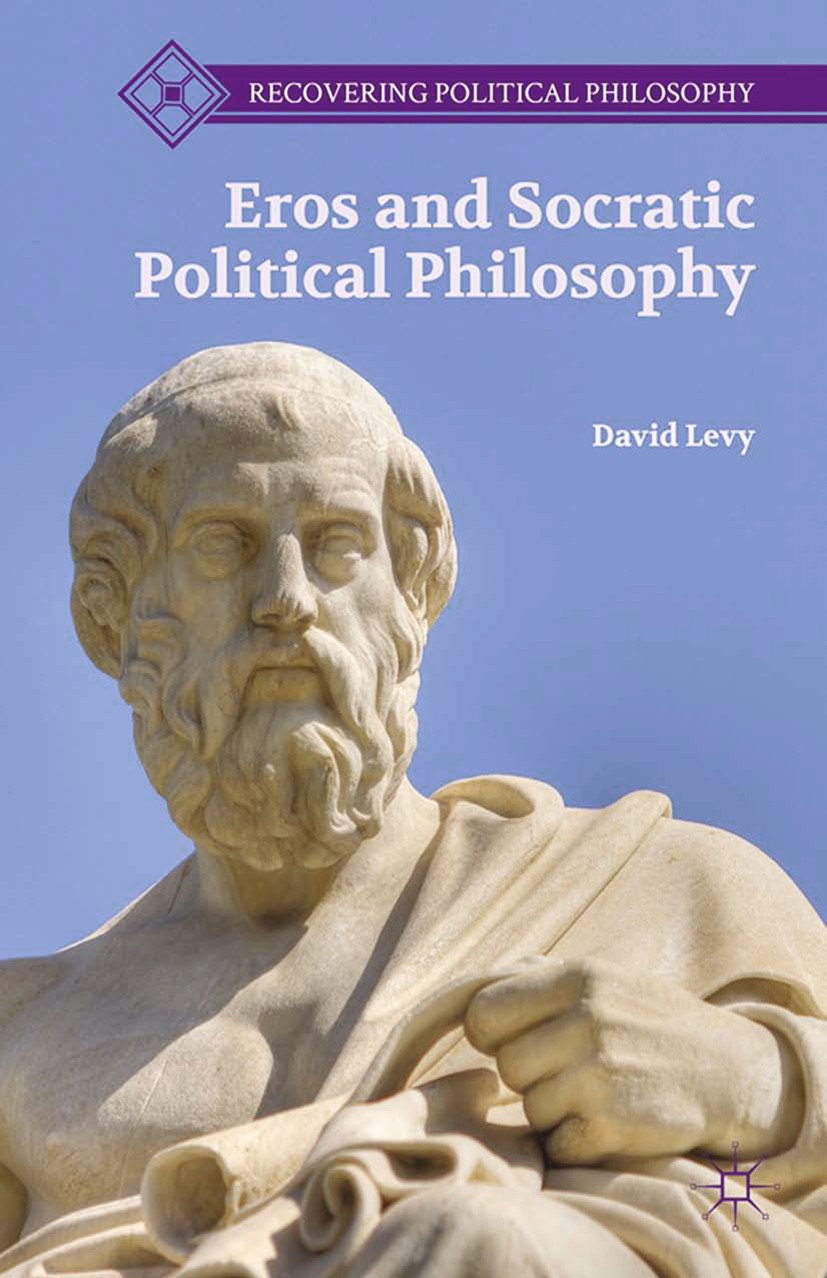| 書目名稱 | Eros and Socratic Political Philosophy | | 編輯 | David Levy | | 視頻video | http://file.papertrans.cn/315/314899/314899.mp4 | | 叢書名稱 | Recovering Political Philosophy | | 圖書封面 |  | | 描述 | Eros and Socratic Political Philosophy offers a new account of Plato‘s view of eros, or romantic love, by focusing on a question which has vexed many scholars: why does Plato‘s Socrates praise eros highly on some occasions but also criticize it harshly on others? Through detailed analyses of Plato‘s Republic, Phaedrus, and Symposium, Levy shows how, despite the apparent tensions between Socrates‘ statements about eros in each dialogue, these statements supplement each other well and serve to clarify Socrates‘ understanding of the complex relationship between eros, religious belief, and philosophy. Thus, Levy‘s interpretation sheds new light not only on Plato‘s view of eros, but also on his view of piety and philosophy, challenging common assumptions about the erotic nature of Socratic philosophy. This novel approach to classic political theory will incite discussion and interest among scholars of classics, philosophy, and political theory. | | 出版日期 | Book 2013 | | 關(guān)鍵詞 | love; philosophy; Plato; political philosophy; religious belief; Socrates; Symposium; The Republic | | 版次 | 1 | | doi | https://doi.org/10.1057/9781137342713 | | isbn_softcover | 978-1-349-46645-0 | | isbn_ebook | 978-1-137-34271-3Series ISSN 2524-7166 Series E-ISSN 2524-7174 | | issn_series | 2524-7166 | | copyright | David Levy 2013 |
The information of publication is updating

|
|
 |Archiver|手機(jī)版|小黑屋|
派博傳思國際
( 京公網(wǎng)安備110108008328)
GMT+8, 2025-10-8 03:07
|Archiver|手機(jī)版|小黑屋|
派博傳思國際
( 京公網(wǎng)安備110108008328)
GMT+8, 2025-10-8 03:07


